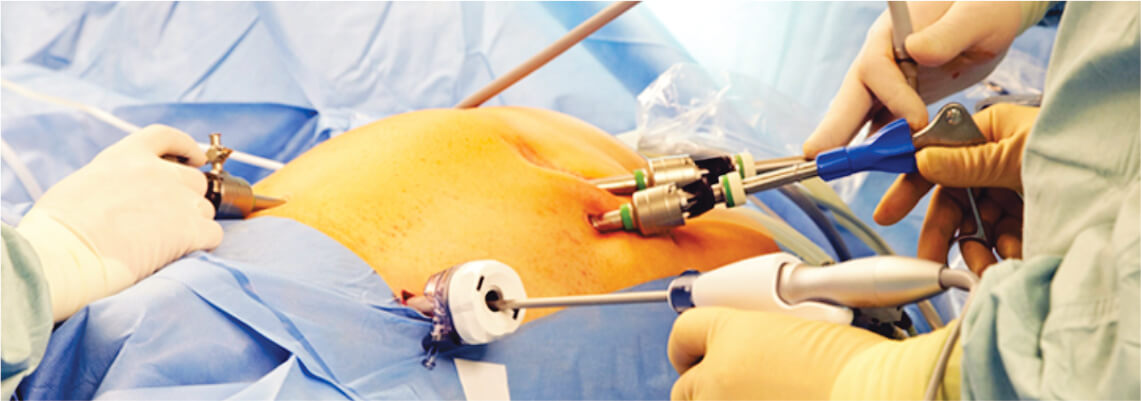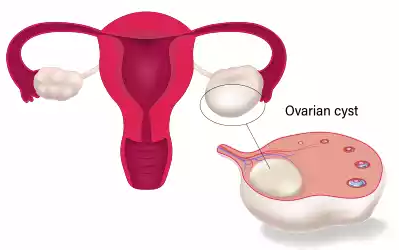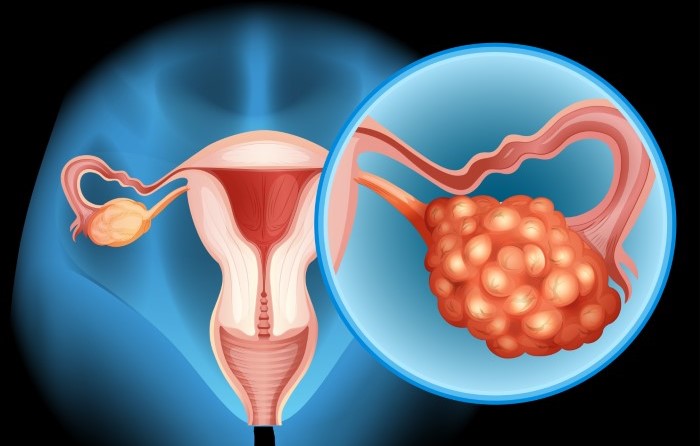Laparoscopy Surgery All You Need To Know

Laparoscopy is a new high-tech surgery for pelvic diseases like hernia, stomach ulcer detection, or surgery. Read on to know everything about laparoscopy surgery.
Have you ever heard doctors speak about 'minimally invasive' surgery? If yes, laparoscopic surgery is one type. Many individuals suffer from pelvic disorders and hesitate to undergo significant surgeries that leave prominent scars on their bodies. Laparoscopy is a new high-tech surgery for pelvic diseases like hernia, stomach ulcer detection or surgery, hysterectomy and weight-loss surgeries. Laparoscopy surgery leaves a minor scar, and the recovery post-surgery is quick. Read on to know everything about laparoscopy surgery.
What is Laparoscopy Surgery?
Laparoscopic surgery is also called "MIS" minimally invasive surgery or laparoscopy. This surgery involves a thin camera-equipped surgical tool inserted through a minor incision into the patient's abdomen. This camera then provides the surgeon with a real-time video visual of the patient's internal organs on a screen. The surgeon then carries out the operative procedure using the laparoscopes visuals projected on the screen.
Several laparoscopic devices are used, varying in length, width and flexibility. These include a camera, a light source, and other surgical tools as mentioned or required by the surgeon, depending on the procedure or requirement.
Why is laparoscopy better than the traditional method?
Laparoscopy is an advanced method that takes less time, and minimal incision reduces healing time. However, traditional surgery requires large incisions on the abdomen to repair or replace critical organs. The incision can be about 10 inches wide and instruments used are cutters, scalpers and forcipes. This requires cutting through tissue and causes large wounds that take days/months to heal completely.
The Purpose of Laparoscopic Surgery
Laparoscopy surgery is done to surgically repair a problem occurring in the pelvic region or abdomen of the patient.
There are also other uses such as:
-
Removal of cysts, polyps or abscesses
-
To control the bleeding of blood vessels
-
To remove an inflamed or non-functioning gallbladder
-
To relieve obstruction caused due to hernia
The healing time in laparoscopic surgery is much faster compared to open Laparotomy. This quick healing is possible only because the technology is less invasive and requires minor incisions.
The Benefits of Laparoscopy are as follows:
-
Due to the reduced recovery time, the patient undergoing surgery in the morning is discharged by evening.
-
Quick discharge is achieved because the surgery is performed precisely using the latest technology and without causing much damage to the patient's tissue.
-
The pain experienced is also minimal compared to open abdominal surgeries done at government and other hospitals.
-
The risk of infection is low because the incision made is very minute.
-
Multiple surgeries can be performed simultaneously on the same patient through different incisions. For example, a patient with a hernia and an appendectomy can repair both conditions in one surgery. The surgeons can access the abdomen through two different incisions and work separately.
The results are much better in patient safety, precision, hospital admission, recovery time, comfort, and minor scars.
If you are struggling with gall bladder stone and searching for the best laparoscopic surgeon in Delhi, reach out to our expert surgeons at Pelvinic- Delhi's most trusted proctology specialty centre. Here highly experienced doctors carry out treatments and surgeries to cure diseases of the pelvic area. The doctors at Pevinic use the latest technologies and provide patients with treatments at very affordable costs.
Pelvinic is covid-19 safe; all safety measures to combat the spread of covid-19 patients are provided. Post-surgery care is similar to a home-like environment to speed up their recovery. At Pelvinic, we provide piles, fistula, fissure, pilonidal sinus, anal abscess and constipation treatments. Similarly, we also offer laparoscopic treatment for Gallstone, Hernia, appendicitis and hysteroscopy laparoscopy for ovarian cyst and uterine fibroid treatments.



